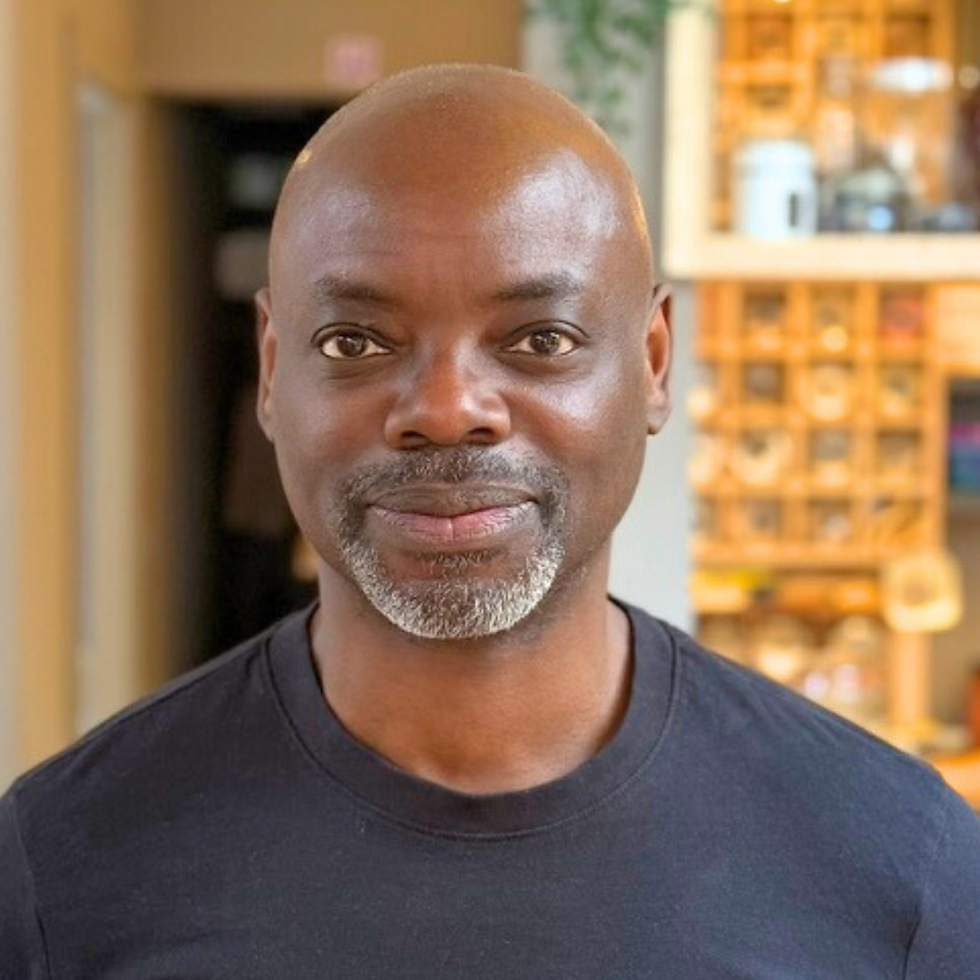Discover the Ancient Art of Lomi Lomi: A Path to Deep Healing
- Frederique Peeters

- Sep 14, 2024
- 3 min read

In recent years, more and more people have been discovering the ancient Hawaiian practice of Lomi Lomi. This is not because it is the latest wellness trend, but because Lomi Lomi offers exactly what our fast-paced society desperately needs: a way to deeply reconnect with ourselves, mind, body, and spirit.
Over the past 30 years, the world of massage has evolved significantly. Once thought of as a luxury or indulgence, massage has now become a recognised therapy that not only eases physical tension but also supports mental and emotional well-being. As our modern lives continue to speed up, the need to slow down, unwind, and recharge has never been more apparent. Massage therapy now offers so much more than just muscle relief—it’s a way to calm the mind and soothe the soul. And this is where Lomi Lomi stands out.
The Sacred Origins of Lomi Lomi
Lomi Lomi is not just a massage—it is a deeply spiritual and healing practice that has been passed down through generations in Hawaiian families. Traditionally, touch was seen as sacred, with the power to heal, transform, and guide individuals through life’s transitions. In ancient Hawaii, practitioners known as Kahunas—masters of Lomi Lomi—were revered healers. They didn’t just offer physical treatment; they facilitated profound emotional and spiritual shifts in their recipients.
Receiving a Lomi Lomi session from a Kahuna was a rare and revered experience. It wasn’t something you could simply book in advance. You had to be invited. The process was considered so transformative that before receiving treatment, the Kahunas would ask the recipient if they were
ready to "die," meaning they had to be prepared to let go of their old self, and their past stories, and emerge anew.
While the practice has evolved in modern times, the essence of Lomi Lomi remains deeply spiritual. Many practitioners today have learned from teachers whose lineage traces back to the original Kahunas of Hawaii. In this way, the ancient wisdom of Lomi Lomi continues to live on.
The Experience of Lomi Lomi Today
If you seek out a Lomi Lomi bodywork session, particularly in a city like London, you’ll find that no two treatments are alike. Each practitioner brings their unique style and energy to the session, yet some core characteristics remain the same. The most notable of these are the long, fluid, rhythmic strokes that are designed to completely disarm the mind. These strokes mimic the ocean’s waves—gentle, continuous, and unpredictable—leaving the receiver unable to anticipate the next
move and surrendering them into the present moment.
This creates a deeply meditative experience. Some people describe the sensation of Lomi Lomi as being enveloped in a continuous body hug. Others report entering an “alpha state”—a state of mind that exists in the moment before sleep, where thoughts are fleeting and a sense of calm takes over. This state of deep relaxation allows the body to heal on a profound level, releasing stress, tension, and old emotional patterns.
Why Lomi Lomi is So Needed Today
In a world where stress, anxiety, and burnout have become all too common, Lomi Lomi offers a powerful antidote. This practice doesn’t just work on a physical level; it allows you to quiet the mind, release emotional blockages, and reconnect with your inner self. The combination of rhythmic movement, touch, and the surrender it encourages helps facilitate deep healing, not only of the body but of the mind and spirit.
The benefits of Lomi Lomi are vast.
For those seeking stress relief, Lomi Lomi offers a pathway to relaxation like no other. For those dealing with emotional challenges, it provides a gentle, non-invasive way to release and heal. And for anyone looking to reconnect with themselves on a deeper level, Lomi Lomi offers the space and stillness to do just that. If you are feeling the pull toward a more balanced, grounded way of being, we encourage you to seek out a Lomi Lomi practitioner near you. Whether you are in London or anywhere else in the world, the healing potential of this ancient practice is waiting to guide you back to yourself—mind, body, and spirit.





Comments